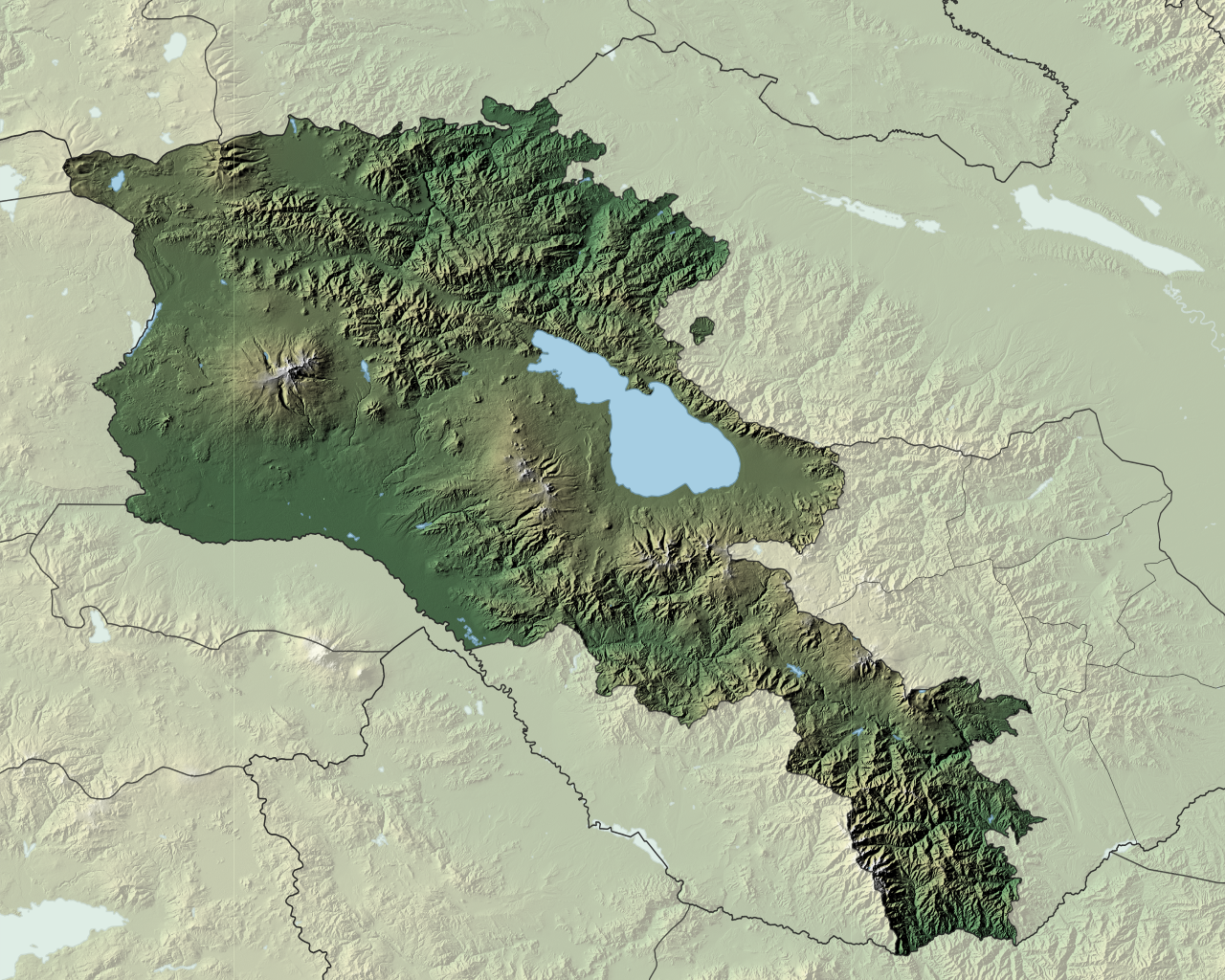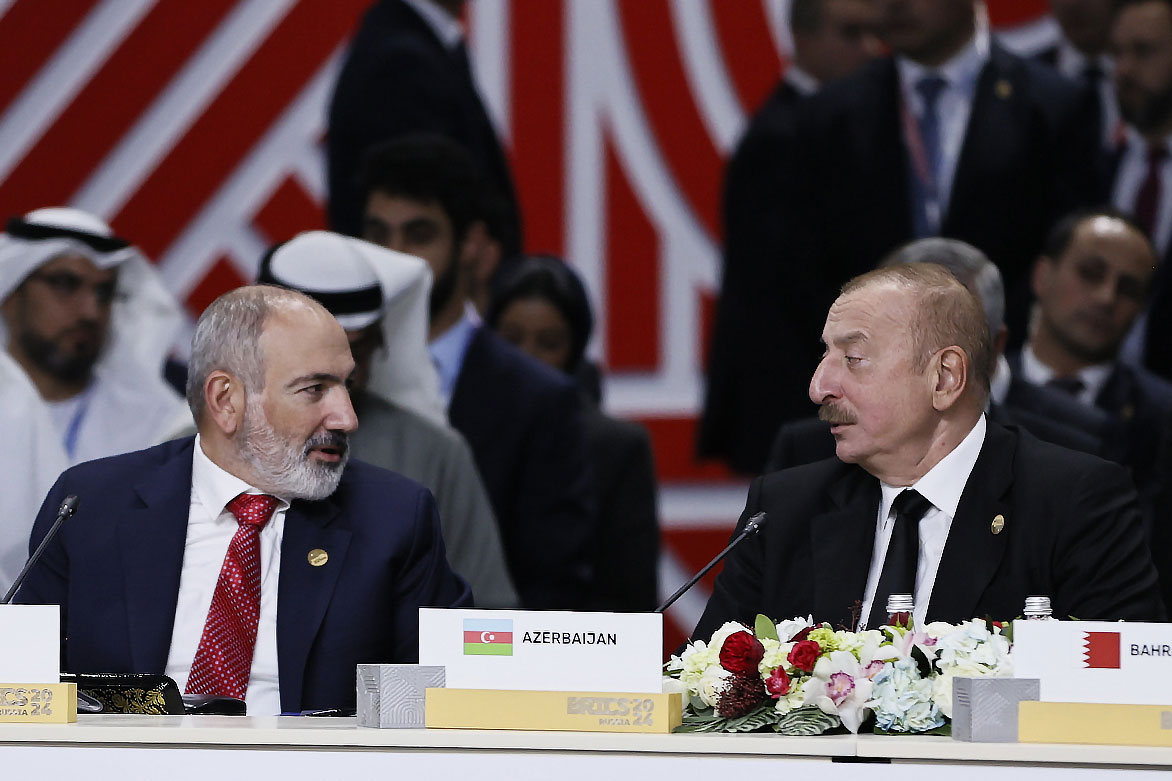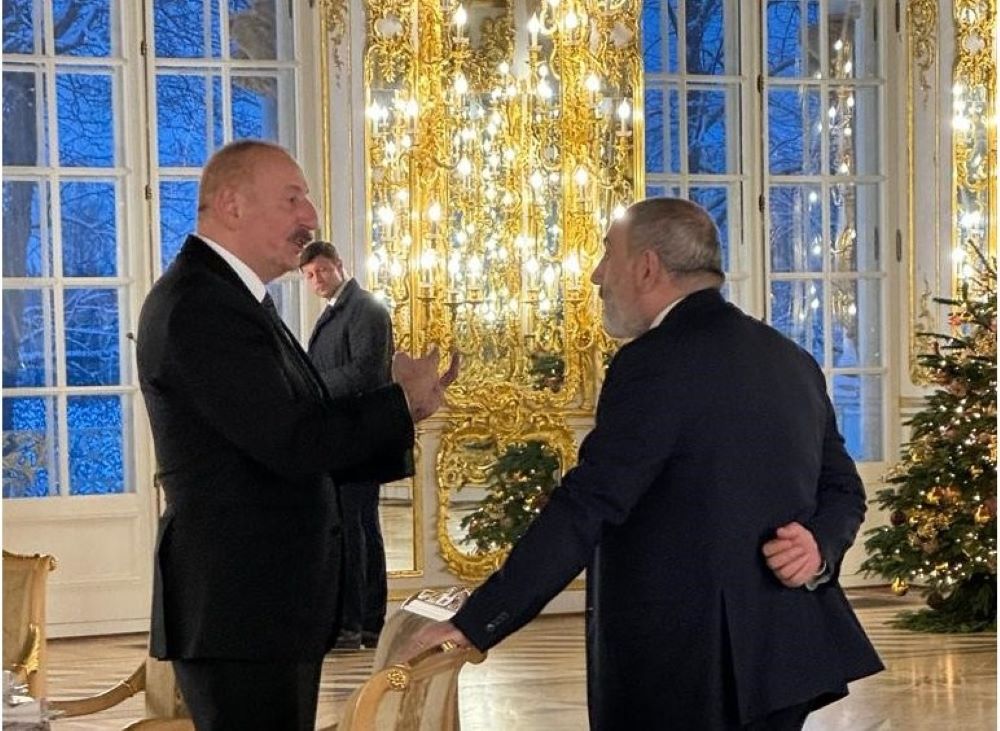
Armenia’s response to Azerbaijan’s demands
The President of Azerbaijan recently accused Armenia of portraying the “Western Azerbaijan Community” as a threat to its territorial integrity. Ilham Aliyev stated that the community’s goal is the “dignified return of those expelled from Western Azerbaijan to their historical lands in conditions of peace and security,” referring to Armenia’s sovereign territory as “Western Azerbaijan.”
The narrative of “Western Azerbaijan” has circulated for some time, with Baku now hosting its second conference on the topic. During the event, Azerbaijan formally called on Armenia to initiate talks with the “Western Azerbaijan Community” and take “practical steps to restore the fundamental rights of Western Azerbaijanis.”
Armenia’s Foreign Ministry has yet to respond. Members of the ruling “Civil Contract” party declined to comment on whether this represents a new demand or a precondition for a peace treaty, citing the confidentiality of the negotiation process.
Political analyst Areg Kochinyan views recent statements from Baku as a “serious escalation of rhetoric, appearing as a new demand.” However, he believes it is premature to assert that Azerbaijan will bring this issue to the negotiation table. Should it happen, Kochinyan suggests Yerevan could respond with a counter-demand.
“This counter-demand would not focus on the right of Nagorno-Karabakh Armenians to return to their homes but rather on restoring the rights of Armenians from Baku, Sumgait, and other Azerbaijani settlements [referring to those forced to leave Azerbaijan in the early 1990s]. Additionally, the issue of Karabakh Armenians would remain unresolved. In short, if such a question arises, Armenia has far stronger and more serious arguments than those Azerbaijan can raise,” the analyst stated.
- Aliyev unwilling to pursue peace or strategic deal with Armenia: expert in Yerevan
- “Armenia isn’t militarizing but raising cost of attacking it”: opinion
- “No peace without pressure on Baku” — political analyst on Pashinyan-Aliyev meeting
“Negotiations not in deadlock”
Armenian journalists asked deputies of the ruling faction whether Aliyev’s statements indicate that the negotiations have reached a deadlock or if the issue of Azerbaijani returns has been added to the agenda.
In response, “Civil Contract” faction secretary Artur Hovhannisyan stated that various comments had been made by Azerbaijan in the past, but these should not give the impression that negotiations have stalled:
“Naturally, there are difficulties in the negotiations. There are problematic points that require complex and lengthy discussions. However, we do not say that the negotiations are at a deadlock. We are continuing the talks.”
“15 out of 17 articles agreed”
Armenia’s Foreign Minister announced at the OSCE Council of Ministers meeting that there has been progress in working with Azerbaijan on a peace treaty:
“We have agreed on the preamble and 15 out of 17 articles of the draft agreement. With sufficient political will, it can be finalized and signed quickly.”
According to Ararat Mirzoyan, Yerevan continues its “constructive engagement in negotiations aimed at fully resolving relations with Baku.” He emphasized that Armenia will persist in its efforts to achieve this goal:
“There is no alternative to peace. In this context, the Armenian government’s proposed ‘Crossroads of Peace’ project has great potential to build trust, strengthen the atmosphere of confidence, and foster cooperation between regional countries.”
Expert commentary
Yerevan and Baku have never been closer to signing a peace treaty, says Areg Kochinyan, head of the Centre for Security Policy Studies. He believes the treaty could be finalized and signed within 24 hours:
“If there is enough political will in Yerevan and Baku, as well as from the new head of the White House, to continue devoting at least the same level of political attention and energy to the region and the Armenia-Azerbaijan issue, then the treaty can be agreed upon very quickly.”
Kochinyan did not specify which two provisions remain unresolved but suggested that the Armenian Constitution is no longer a stumbling block for signing the treaty:
“The decision of the Constitutional Court of Armenia changed a lot. It simply disarmed Azerbaijan on the issue of changing Armenia’s Constitution. For those dealing with this topic internationally, it is clear that this is not a serious demand.”
The analyst expects the next round of negotiations to take place in December, which will reveal whether “Azerbaijan continues to raise constitutional claims.”
He proposed holding the next meeting on the Armenia-Azerbaijan border, specifically in the already delimited Tavush-Gazakh section.
Kochinyan also addressed the narrative of “Western Azerbaijan” and Aliyev’s recent statements. He noted that this issue is “brewing at an official level” in Baku, with a parliamentary group, a TV channel, and conferences already dedicated to the topic.
He emphasized that Yerevan must respond to the “Western Azerbaijan” rhetoric not emotionally but with a calculated strategy. According to him, there are two options: issue a counter-demand or refrain from reacting altogether:
“If we believe our main goal is to sign a peace treaty, then we should not respond. But if we believe the treaty is impossible under these conditions and we need to create balance on this ‘chessboard,’ it won’t work by force alone. Instead, we should employ legal methods, turn to international courts, involve partners, and so on, before returning to negotiations.”
Armenia’s response to Azerbaijan’s demands



